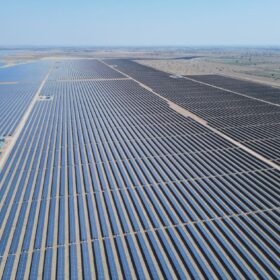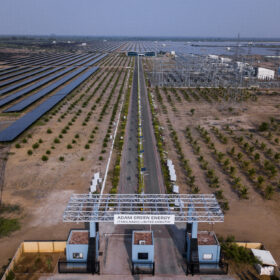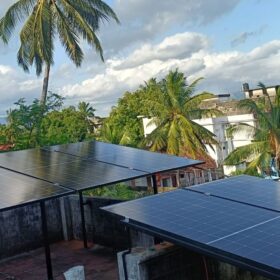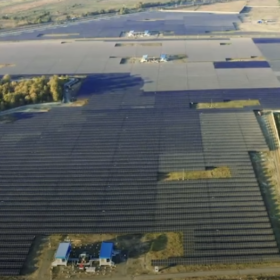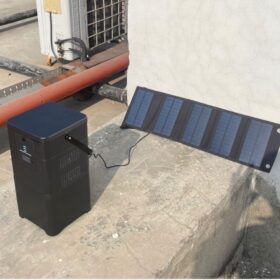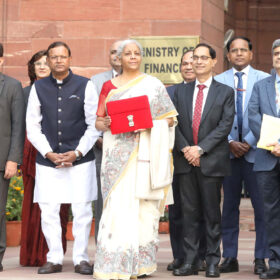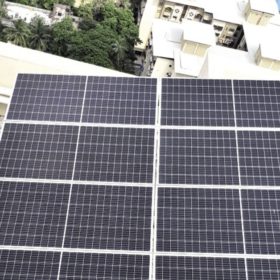India installed 24 GW solar in FY2025, says JMK Research
India installed 23.8 GW of new solar capacity in FY2025, including 16.9 GW from utility-scale, 5,148 MW rooftop and 1,785 MW offgrid installations.
Mauritius hosts SolarX Accelerator Programme in collaboration with International Solar Alliance and Business Mauritius
The two-day SolarX Accelerator Programme in Mauritius brought together 35 startups from across Asia and APAC region to accelerate the development and deployment of innovative solar solutions.
India installed 18.5 GW of utility-scale solar, 4.59 GW rooftop PV in 2024
Waaree Energies led solar module shipments with a 14.1% share of the overall supplies in the Indian market during Jan-Dec. 2024 period.
India installed 3.2 GW of rooftop solar in 2024, says Mercom
Rooftop solar additions of 1.3 GW in Q4 2024 surpassed all previous quarterly installations.
India added 25 GW of solar in 2024, says Mercom
Large-scale solar installations grew nearly 235% year-on-year (YoY) to achieve record capacity additions.
Enhanced Innovations develops solar-powered cold storage unit for ‘last mile’ vaccine transport
India’s Enhanced Innovations has developed the Phloton active cooling vaccine carrier with a 14-hour lithium battery backup and solar charging support.
Union Budget 2025-26: India focuses on waste-to-wealth to secure lithium battery supply chain
Finance minister Nirmala Sitharaman has submitted Union Budget 2025-26, which proposes customs duty exemption for waste and scrap of lithium-ion batteries and critical minerals.
Budget 2025 expectations of the Indian renewable energy industry
Regulatory and fiscal incentives to set up specialized labs in collaboration with leading international and domestic research institutions, reduction of Goods and Services Tax (GST) on turbines and solar modules, and ISTS charges waiver extension are on the budget wishlist of the renewable energy industry in India.
Union Budget 2025-26: What India’s green industry expects from the upcoming budget
The 2025-26 Union Budget has the potential to be a defining moment in India’s journey toward a net-zero economy. By addressing key areas such as renewable energy, green hydrogen, sustainable mobility, and community-level projects, the government can create a robust framework for decarbonization.
Residential rooftop solar scheme presents over INR 1 trillion opportunity for component manufacturers
Residential rooftop solar scheme PM Surya Ghar Muft Bijli Yojana (PM-SGMBY) has the potential to catalyze an INR 1.2 trillion ecosystem, with PV module, inverter, mounting equipment, and electrical component manufacturers as the primary beneficiaries alongside project developers and EPC players, says a new report by SBICAPS.
